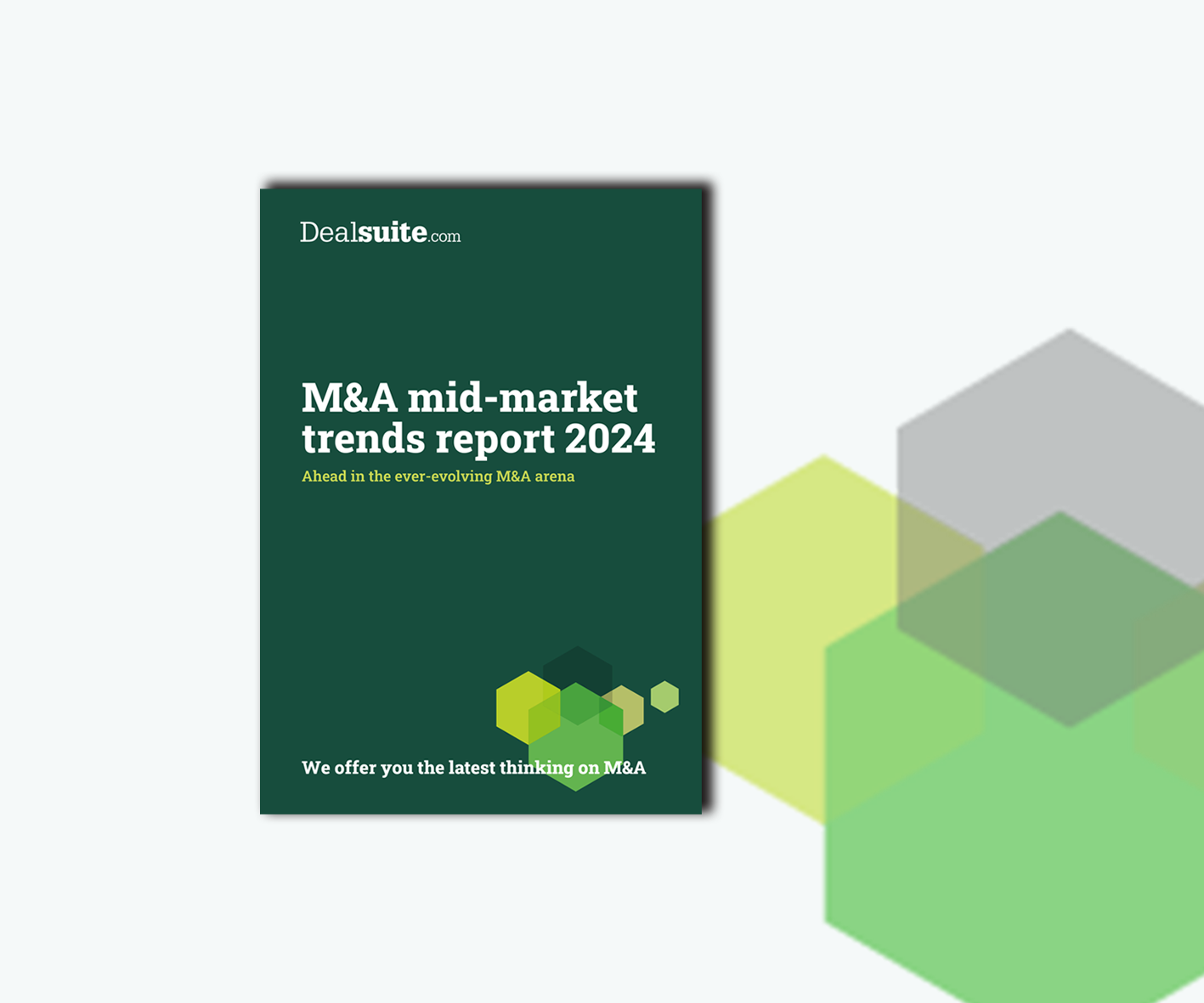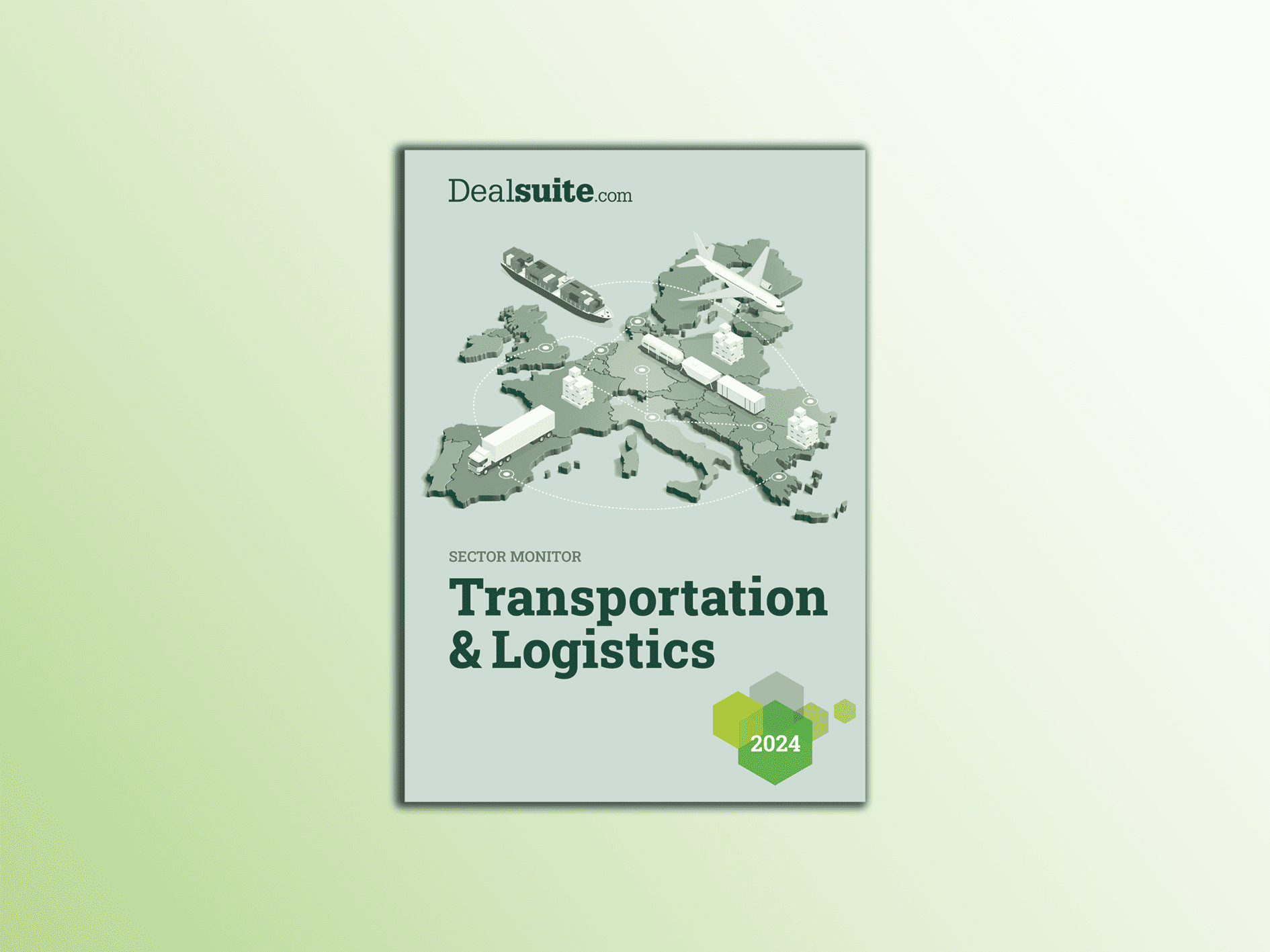Quality over quantity: Hornblower's recent deal with Majestic group and RDCP group
The industrial & manufacturing industry might be one of the most popular M&A sectors but having more interest does not necessarily make finding the ultimate buyer any easier. What matters is knowing you have access to qualified buyers, who are ready to move forward, says Mark Sykes, international business development director at Hornblower Business Brokers.
UK-based firm Hornblower has advised owners of SMEs on the sale of their businesses for more than 15 years. Its tight focus on the engineering, technology, and B2B service sectors gives it a head start when it comes to gathering a robust buyer database. The team prides itself on fully researching each client’s market to draw up a list of the most suitable strategic buyers, approaching them directly. But this hands-on approach takes a huge amount of resources, especially if they are to achieve the optimum deal value. That is why the company also relies on a select number of M&A platforms like Dealsuite, where qualified buyers can be found quickly.
“The most critical challenge for us is the amount of time wasted dealing with inexperienced, unqualified buyers,” says Sykes. “It can be highly speculative in terms of interest. So, having a channel like Dealsuite that can sort the wheat from the chaff is a key benefit.”
Outside the comfort zone
One of Hornblower’s recent deals, closed in February this year, was the sale of Majestic Group, a window, door and conservatory manufacturer based in Somerset to London-based investment firm RDCP group.
Majestic Group comprises both manufacturing company Majestic Window Designs and its sister retailing and installation company Majestic Designs, which sells directly to consumers and instals in domestic premises, so it differed from the Hornblower’s typical deals.
“We have had a very mixed experience when we tried to do any B2C before because it is a whole different set of metrics and buyer perceptions,” explains Sykes.
Hornblower regularly uses Dealsuite to access qualified buyers, PE firms and M&A advisors across Europe, but it is particularly useful in cases like these where you can filter for particular types of acquirers and evaluate past deals and metrics.
"Dealsuite helps us determine who is active in a particular sector, find deal opportunities and what multiples are related to those deals," says Sykes.
Achieving the right price
Companies in the industrial & manufacturing sector tend to have lower multiples, with the average EBITDA multiple at 4.8 versus 5.1 for the overall M&A mid-market in the UK and Ireland, according to Dealsuite’s recent M&A Monitor report. These lower multiples reflect available funding in the sector and the high involvement of trade buyers, explains Sykes:
“Funding is all about perceived sustainability and businesses in these sectors usually do not have the long-term contractual revenue that other companies in the technology space have, for example.”
Businesses like Majestic Group are more reactive to immediate demand, and the inability to confidently predict the demand has a direct impact on funders’ perceptions.
“Lenders want to offset perceived risk, so money will be more expensive to buy, and they will be more selective about who they lend to,” says Sykes. “All of this filters through to the general values that are placed on businesses.”
If trade buyers are seeking to self-fund an acquisition, they will naturally aim to get it as cheaply as possible and they will determine the opportunity to acquire a business in terms of what synergies they could achieve, he adds.
To achieve optimum value for its client Majestic Group, Hornblower needed an investment buyer; one that was driven by different metrics. It found the perfect match through Dealsuite.
Want to find qualified, relevant buyers more efficiently? Schedule a demo with Dealsuite to see how we can help.

.svg)

.svg)

.svg)

.svg)

.jpg)





